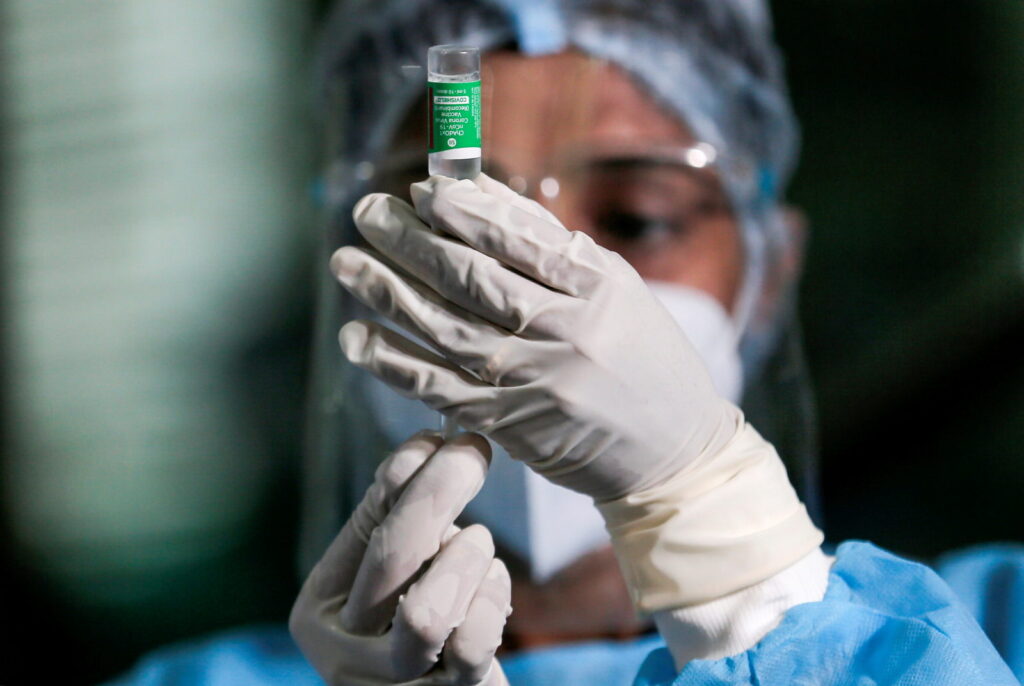India is now runs low on vaccines as cases surge in the world’s second-most populous country. On Thursday, India surpassed 200,000 daily infections for the first time, and is attempting to immunize a larger portion of its population with domestically produced vaccines.
Faced with a surge in cases and overcrowded hospitals following the relaxation of lockdown restrictions, it also abruptly changed the rules to allow it to expedite vaccine imports, despite previously rejecting foreign drug makers such as Pfizer.
It will begin importing Russia’s Sputnik V vaccine this month, with the goal of covering up to 125 million people.
The turn of events could stymie not only India’s fight against the pandemic, but also vaccination campaigns in more than 60 poorer countries, primarily in Africa, for months. The COVAX program, which is supported by the World Health Organization and the Gavi vaccine alliance, aims to provide equitable vaccine access throughout the world and is heavily reliant on supplies from India, Asia’s pharmaceutical powerhouse.
However, India has only exported about 1.2 million vaccine doses so far this month. According to data from the foreign ministry, 64 million doses were shipped abroad between late January and March.
India’s foreign ministry, which oversees vaccine deals with other countries, said last week that Indian demand would dictate the level of exports.
Resulting shortages are already being felt in some countries in the COVAX scheme, and a UN health official involved in the vaccine rollout in Africa said: “To be so reliant on one manufacturer is a massive concern.”
The director of the Africa Centers for Disease Control and Prevention, John Nkengasong, said earlier this month delays in supplies from India could be “catastrophic”.

